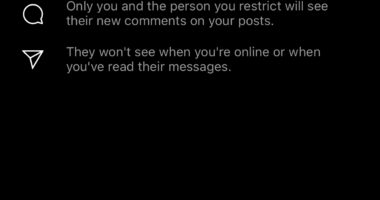EARTH is really not ready for a killer asteroid, experts have warned after running a drill of the devastating scenario.
Nasa has carried out a simulation to test how decision makers would react should the worst happen and the results are quite concerning.
The dummy run has revealed some major gaps in planning which should serve as an important lesson for the future.
Thankfully, there’s no real threat from an asteroid at present or even in our lifetime.
But scientists believe we need to get ready for one now before it’s too late.
Nasa recently reached an early milestone in that effort by deliberately smashing a spacecraft into a huge asteroid, forcing it to bounce in a different direction.


Now experts want to test our limits on the ground, with the fourth Planetary Defense Tabletop Exercise.
They picked Winston-Salem, North Carolina, as their virtual test zone to see how the US specifically responds.
“We designed it to fall right into the gap in our capabilities,” Emma Rainey a scientist working on the project told Scientific American.
“The participants could do nothing to prevent the impact.”
Most read in Tech
The group found that we’re currently unable to prevent small space rocks hurtling our way.
And we can’t spot them very well either.
Using a nuclear weapon was discussed too, but that would be risky.
Concerns about misinformation spreading among the public was raised, with fake news and so-called “asteroid deniers” a potential problem.
“We want to establish Nasa’s Planetary Defense Coordination Office and those that work with us as the authorities when it comes to these situations,” said Lindley Johnson, planetary defense officer at Nasa.
“The plan is that the media and public understand that a group at Nasa tracks and manages these types of things.”
20 percent of people refused to evacuate because of misinformation.
August Vernon, Winston-Salem/Forsyth County emergency management director said: “There would be collapsed buildings.
“We’d lose our hospitals, a lot of our infrastructure would be gone, there was a chance this could take out cell phone reception for at least 50 miles, and the whole region would lose power.
“We couldn’t keep up sometimes, and that’s something they need to consider.


“I have mayors, fire chiefs and other folks to explain this to.
“We may not need to know all the science behind it, but we need to know what, when and where because we need to start making big decisions as early as possible.”
Find out more about science
Want to know more about the weird and wonderful world of science? From the Moon to the human body, we have you covered…
We pay for your stories! Do you have a story for The Sun Online Tech & Science team? Email us at [email protected]
This post first appeared on Thesun.co.uk










